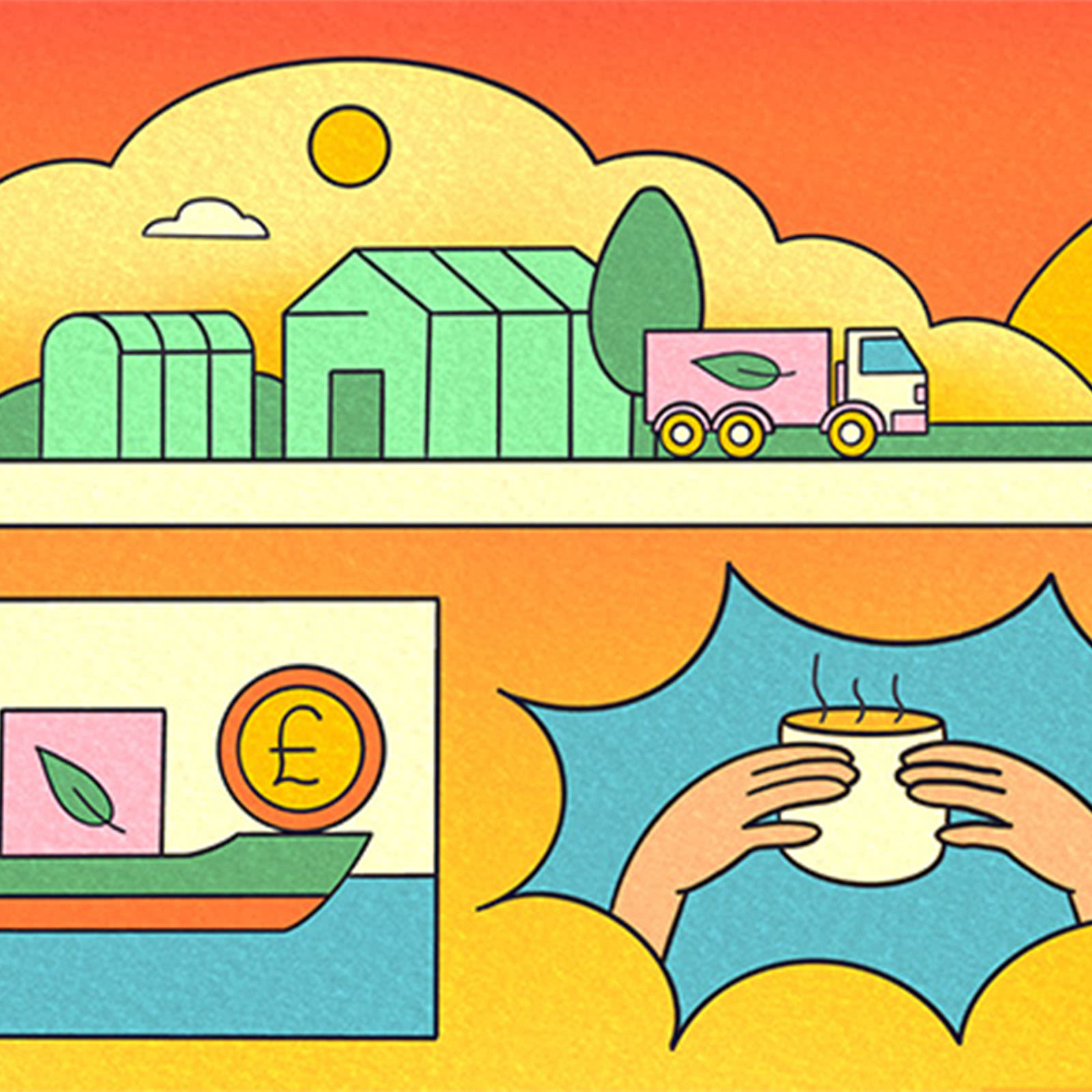
It was the spring of 2019 when Peter Juul Regnersgaard knew a change was necessary. His company, True Gum, was able to produce 20 to 30 kilograms of gum a day, but would have to make it in mini batches. ‘Instead of producing one batch of 100 kilograms, we would produce 30 batches of one kilogram,’ he explains. ‘It was insanely time-consuming.’ Demand was outstripping supply and Peter was turning down business. Retailers would come to him asking to buy a pallet of gum – and he'd turn around and offer them half a pallet. Rather than upselling, he was downselling.
Tapping into the right expertise
One option was to outsource production entirely, but the heart led the head. While getting a third party to make the gum pellets would have been, by Peter's estimates, between 20% and 30% cheaper, Peter and his co-founders were set on doing it themselves. Well, sort of.
‘Being entrepreneurs, you think we can probably handle most of this, then you get down into the nitty-gritty and realize there are no engineers on our team at all,’ he says. True Gum tapped into Denmark's long legacy of making chewing gum, which includes Dandy, a company that has made gum for more than 100 years. ‘We knew there must be some ex-employees still in Denmark who were part of these factory builds,’ he says. Peter found someone who he convinced to help plan the company's move into its own premises.
Finding the cash
Those new premises arrived in the shape of an 800 square meter factory that Peter found 10km outside the center of the Danish capital. To fill it, he sourced equipment from across Europe: a mix of off-the-shelf food equipment and custom-built machinery made in Denmark. It didn't come cheap. Overall investment in the premises totaled £350,000, including ventilation systems, the machines to make the gum, and the cost of technicians to set it up.
Handily, True Gum could largely self-finance the investment. Having a good relationship with its bank meant the company could buy the machines on a licensing agreement. ‘They didn't want to cover regular raw material inventories,’ says Peter, ‘but the machines could be sold on the secondhand market to a chocolate factory or something like that.’
Scaling up
The factory now produces around 400,000 pieces of gum a day – up from just 1,000 when True Gum was made in a home kitchen. ‘Now we have this really effective machine that can just hammer out products,’ says Peter. ‘It's much more efficient.’ It's still not more cost-effective than outsourcing – but the founders wouldn't change a thing.
‘We thought that, if this is going to be the core of our business, we want to know everything about it. We want to have our hands deep in it. Even though the cost might be higher, it's going to give us a totally different understanding of the product.’

This article was first published in Courier issue 46, April/May 2022. To purchase the issue or become a subscriber, head to our webshop.


